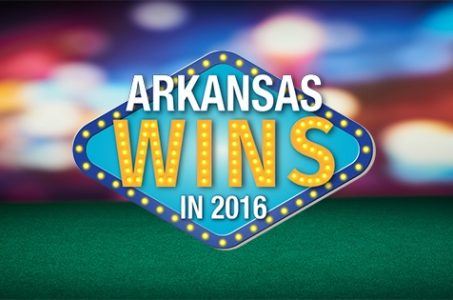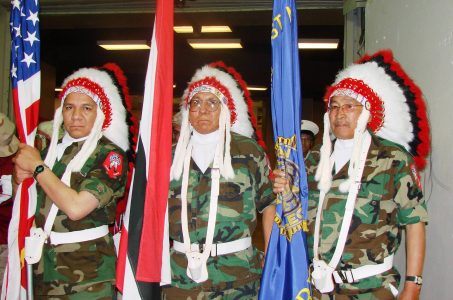Florida Gambling Bills At Odds with Each Other Enter State Senate and House
Posted on: February 23, 2017, 05:00h.
Last updated on: February 24, 2017, 09:14h.
Two Florida gambling bills are making their way through the chambers of the state legislature, but the pieces of legislation contradict each other and have different goals in mind.

The House gaming legislation, authored by Rep. Mike La Rose (R-District 42), who also chairs the chamber’s Tourism & Gaming Control subcommittee, is trying to keep gambling confined and retain the Seminole Tribe’s monopoly on casinos. The proposal would ban slot machines outside of Miami-Dade and Broward counties, and would demand that the tribal organization pay the state $3 billion over seven years for the exclusivity rights.
In the higher chamber, the Senate gambling bill is an expansion measure that would permit horse and dog racetracks, as well as jai alai venues, to offer slots and house banked card games. The Senate statute would rid the restriction that live racing or jai alai games be contested for any form of gambling to commence.
With the Senate seeking to expand gambling, and the more conservative House trying to limit it, the two conflicting measures are likely far from finding common ground and resolving the Seminoles’ expired gaming compact. And that’s just fine with the Native American group.
No News Good News
The Seminoles operate Class III games, the all-important classification that includes slots and table games, as well as coveted blackjack, at its five gaming facilities spread across the state. But the tribe’s been doing so without a current compact since its previous contract expired in 2015.
Under the Indian Gaming Regulatory Act, tribes must enter compacts with states to offer Class III gaming. Classes I and II can commence on sovereign grounds without such agreement, but that limits casinos to bingo, pull tabs, punch boards, and the like.
While the state continues to look to remedy its Seminole situation, the tribe continues running slots and table games, and continues sending revenue payments to Tallahassee. As long as the legislature doesn’t take steps to expand gaming, the tribe is presumably just fine keeping business as usual.
“The Seminole Tribe is open to discussions and negotiations as part of its continuing desire to finalize a new gaming compact with the State of Florida,” Seminole spokesman Gary Bitner said late last year. “But the tribe prefers not to negotiate in the media.”
Lottery Warning
In other Sunshine State gambling legislation, the state’s lottery system might soon need to warn players about the potential dangers of testing one’s luck.
House Bill 937, introduced by Rep. Jennifer Sullivan (R-District 31), would mandate that each lottery ticket come with a cautionary inscription that states, “WARNING: GAMBLING CAN BE ADDICTIVE.”
Sullivan’s statute was introduced just hours before millions of Americans anxiously awaited the results of the $435 million Powerball drawing. The winning numbers were 10-13-28-52-61, with the Powerball 2.
A winning ticket was reportedly sold in Indiana, but the identification of the lucky millionaire wasn’t immediately known.
At just 25 years old, Sullivan is one of the youngest state lawmakers in Florida. The conservative attended Liberty University, a faith-based college, and campaigned in 2014 on her Christian values platform.
Related News Articles
Most Popular
Genovese Capo Sentenced for Illegal Gambling on Long Island
NBA Referees Expose Sports Betting Abuse Following Steve Kerr Meltdown
UPDATE: Former Resorts World & MGM Grand Prez Loses Gaming License
VEGAS MYTHS RE-BUSTED: The Traveling Welcome to Las Vegas Sign
Most Commented
-
UPDATE: Whiskey Pete’s Casino Near Las Vegas Closes
— December 20, 2024 — 33 Comments -
Caesars Virginia in Danville Now Accepting Hotel Room Reservations
— November 27, 2024 — 9 Comments -
UPDATE: Former Resorts World & MGM Grand Prez Loses Gaming License
— December 19, 2024 — 8 Comments -
FTC: Casino Resort Fees Must Be Included in Upfront Hotel Rates
— December 17, 2024 — 7 Comments
















Last Comment ( 1 )
It's ridiculous and unacceptable to let one organization Seminole tribe to rip off monopolist benefits and rip off the citizens of the state of Florida. This people the tribe are crooks a.d the state allow that